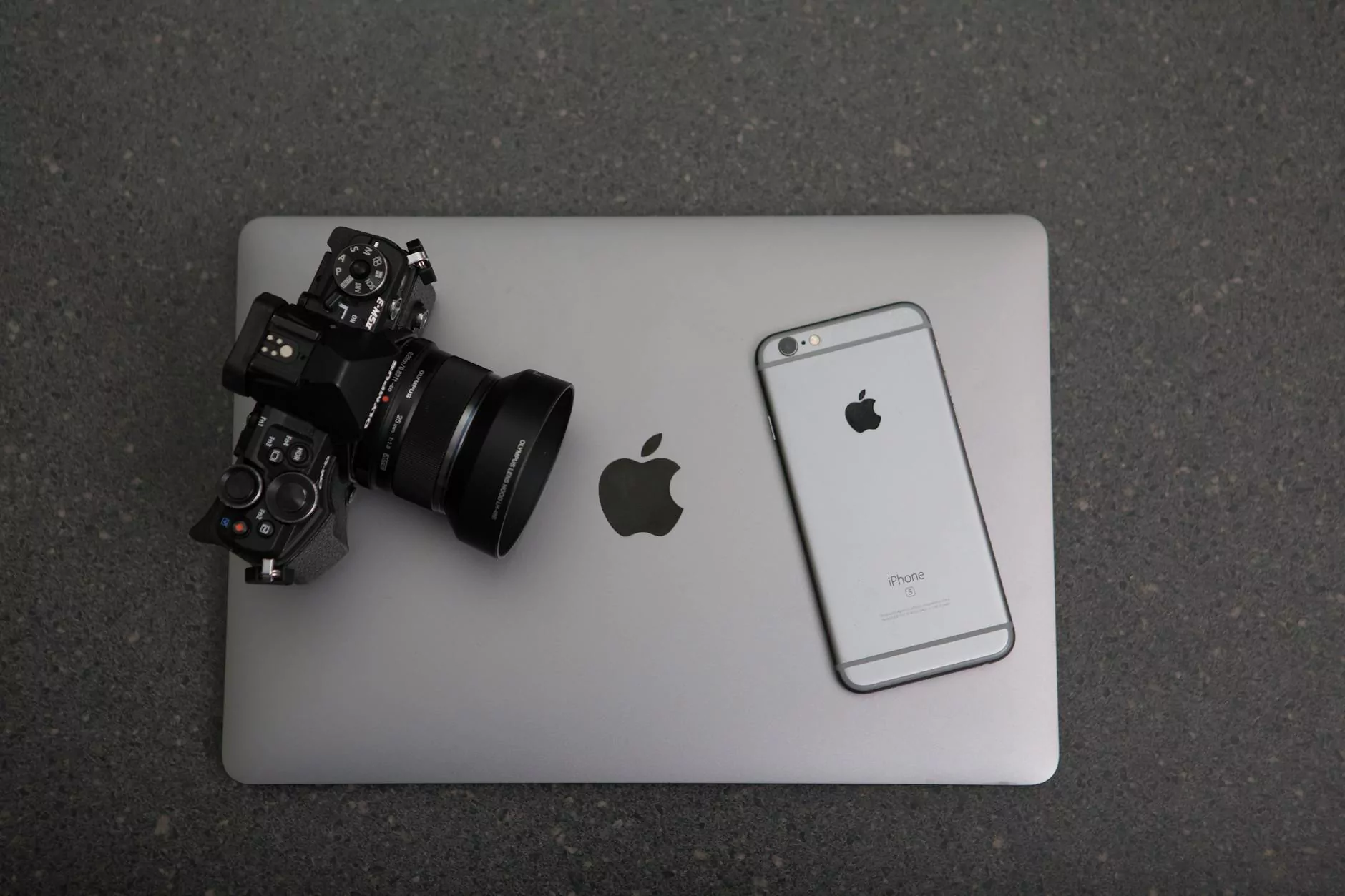Psychotherapy for Drug Addiction - A Comprehensive Guide

Introduction
Drug addiction affects millions of individuals worldwide, causing devastating consequences to physical and mental health, relationships, and overall well-being. However, there is hope for recovery. Psychotherapy, also known as talk therapy, stands as a powerful tool in the treatment of drug addiction. In this comprehensive guide, we delve into the effectiveness of psychotherapy and explore various therapeutic approaches, techniques, and the benefits they provide.
Understanding Psychotherapy
Psychotherapy involves sessions with a trained therapist, providing individuals struggling with drug addiction an opportunity to explore their emotions, thoughts, and behaviors in a supportive environment. By examining the underlying causes of addiction and identifying triggers, psychotherapy aims to assist individuals in developing coping mechanisms, improving emotional regulation, and making positive changes to their lives.
Types of Psychotherapy for Drug Addiction
There are several effective types of psychotherapy used in the treatment of drug addiction. Let's explore a few of them:
Cognitive-Behavioral Therapy (CBT)
CBT focuses on identifying and changing negative thought patterns and behaviors associated with drug addiction. By challenging distorted beliefs and learning healthy coping strategies, individuals can gain insights into their addiction triggers and develop relapse prevention skills.
Contingency Management
Contingency management utilizes positive reinforcement to encourage abstinence from drug use. It involves providing rewards or incentives for staying drug-free, such as vouchers, privileges, or tangible items. This approach aims to strengthen motivation for recovery and reinforce healthy behaviors.
Motivational Interviewing
Motivational interviewing focuses on exploring and resolving ambivalence about substance abuse. It helps individuals increase their internal motivation for change, set achievable goals, and strengthen their commitment to sobriety.
The Benefits of Psychotherapy for Drug Addiction
Psychotherapy provides numerous benefits for individuals struggling with drug addiction, including:
- Developing coping strategies to deal with cravings and triggers
- Addressing underlying psychological issues contributing to addiction
- Increasing self-awareness and self-esteem
- Improving communication and relationship skills
- Enhancing overall mental health and well-being
Conclusion
Psychotherapy plays a crucial role in the treatment of drug addiction, offering individuals the opportunity to heal, grow, and overcome the challenges they face. By seeking professional help and engaging in therapy, individuals can take significant steps towards recovery and reclaiming their lives from the grip of addiction.










